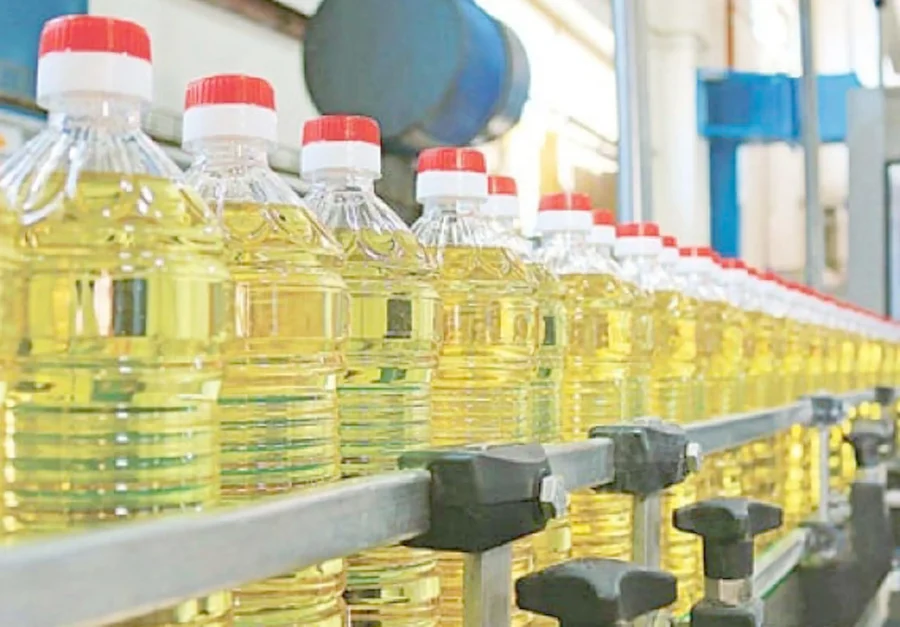Pakistan’s annual consumption of edible oil is around 5 million tons, but due to the low economic potential of oilseeds in the local market, they are not preferred by the farmers. The country has to import about 89 percent of oil to meet the demand, spending US$3.6 billion annually.
Pakistan’s iron brother, China, also has great demand for edible oil. Last year, China’s cooking oil consumption is about 13.44 million tons.
China also suffered a short domestic supply of edible oil until the mid-1950s, when China began to promote brassica napus, also known as victory rapeseed. Brassica napus plants are tall, disease resistant, and more importantly, the yield is very high. The improvement of rapeseed varieties laid the foundation for China to greatly increase rapeseed production.
In recent years, the Chinese Academy of Agricultural Sciences (CAAS) has made a great breakthrough in breeding new varieties of rapeseed, which have been extended to some parts of northern China. Rapeseed now realized seasonal rotation with rice, wheat and other staple crops, which maximizes the utilization of arable land. Such Chinese experience and technologies can be a good reference for Pakistan, according to CEN.
Chinese company Wuhan Qingfa-Hesheng and a Pakistani company Evyol Group jointly provide high-quality hybrid rapeseeds to Pakistani farmers. “It took us 10 years to produce a variety that is compatible with the local climate, produces a good yield and is good for human health,” said Ghazanfar Ali, head of marketing in the Evyol group. “The crop provides an increased profit for the farmers.
They can get 1.5 tons of yield out of 2 acres of land, which is over 10 percent more than the yield from other varieties currently available in Pakistan.”
“This year we sold 11 tons of seeds across Pakistan, which will be cultivated on 20,000 acres, and our target for next year is 100 tons,” said Zhou Xusheng, director of the international business department of Wuhan Qingfa-Hesheng Seed company.
The Chinese company will also buy back the canola harvest from some of the farmers and send it to the edible oil factories so that both farmer and the factory owners can realize the potential and health benefits of the oil.—APP










